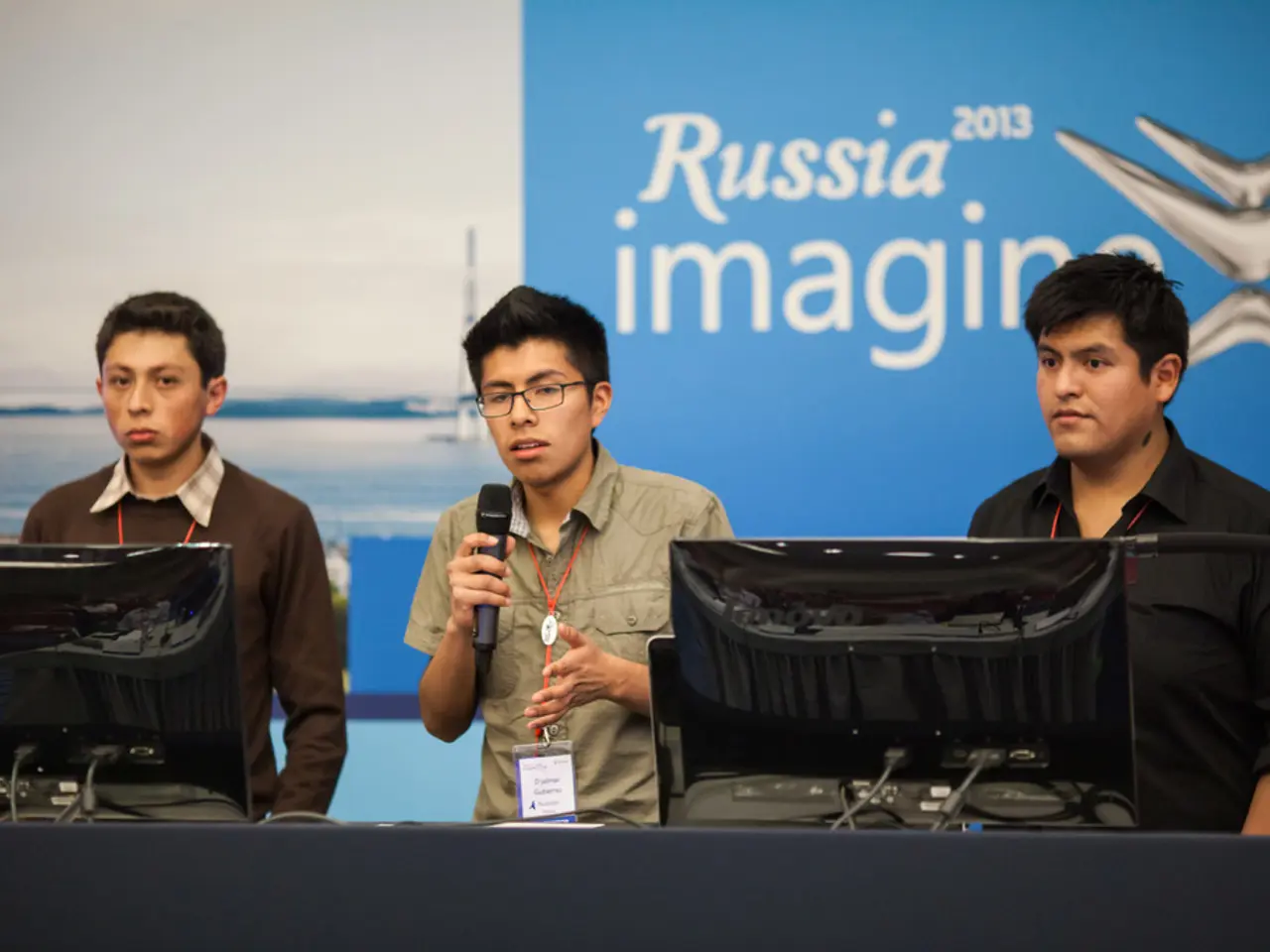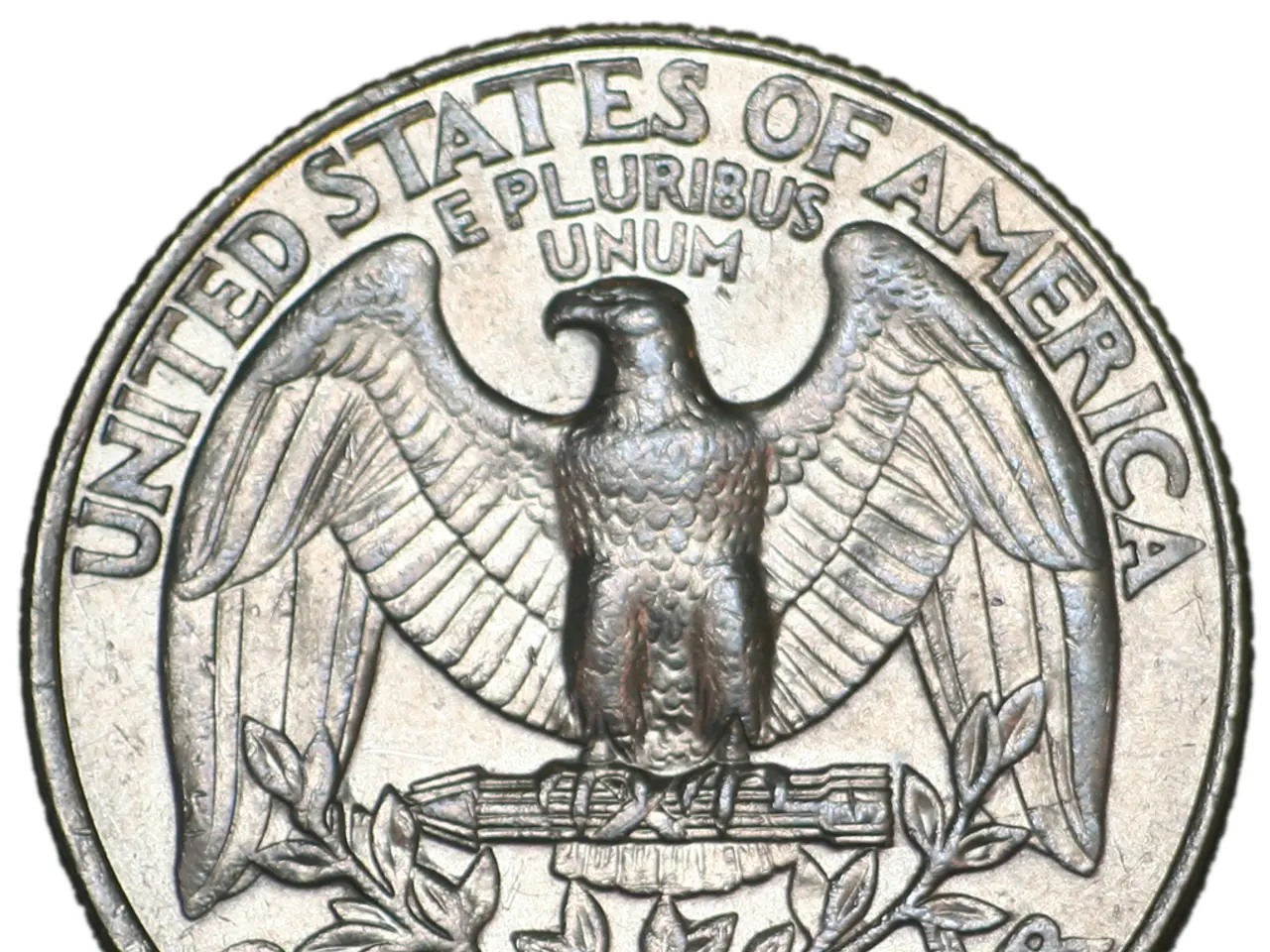Nvidia denies installing 'secret access points' in their chips, addressing concerns raised by China regarding the security of their products.
In a recent development, Nvidia, a leading California-based producer of AI semiconductors, has resumed sales of its less powerful AI processing units, the H20, to China. However, the sales of the most advanced versions of the H20 chip are still subject to export restrictions as a result of ongoing trade tensions between China and the United States [1].
The easing of some export restrictions is expected to positively impact Nvidia’s revenues by reopening access to the large Chinese market. Yet, tensions and scrutiny persist, as China’s state media has publicly challenged Nvidia to demonstrate the safety and reliability of the H20 chip under these trade conditions [2].
Beijing's top internet regulator summoned Nvidia representatives to discuss recently discovered "serious security issues" involving the H20. In response, Nvidia reaffirmed that it does not have 'backdoors' in their chips that would give anyone a remote way to access or control them [3].
The key issue at hand has been Chinese access to the H20 chip, which has been restricted by the U.S. government on national security grounds. Jost Wubbeke of the Sinolytics consultancy stated that China is promoting Huawei’s domestically developed 910C chip as an alternative to the H20 [4]. From Wubbeke's perspective, the US decision to allow renewed exports of the H20 to China could be seen as counterproductive, as it might tempt Chinese hyperscalers to revert to the H20 [4].
The sputtering economy in China could potentially pose hurdles to Nvidia’s operations in the country. China's economy is currently facing challenges due to a years-long property sector crisis and heightened trade headwinds under US President Donald Trump [5].
Despite these challenges, Nvidia's CEO, Jensen Huang, stated during a visit to Beijing that the company remains committed to serving local customers. Huang added that he had been assured during talks with top Chinese officials that the country is "open and stable" [6].
The trade tensions between the U.S. and China have undoubtedly entangled Nvidia in the ongoing disputes, but the company continues to navigate these complexities while maintaining its commitment to its Chinese customer base.
References: [1] TechCrunch [2] Reuters [3] Bloomberg [4] CNN Business [5] CNN Business [6] Bloomberg
- Nvidia's revenue could potentially increase due to the easing of some export restrictions, allowing access to the substantial Chinese market, despite ongoing trade tensions between China and the United States, influencing the general-news sphere.
- Despite the turbulence in China's economy, caused by a prolonged property sector crisis and escalated trade tensions under President Donald Trump, which may pose hurdles for Nvidia's operations, the company's CEO, Jensen Huang, remains committed to serving local customers in China, showcasing a positive stance in the finance sector amidst challenging general-news circumstances.




